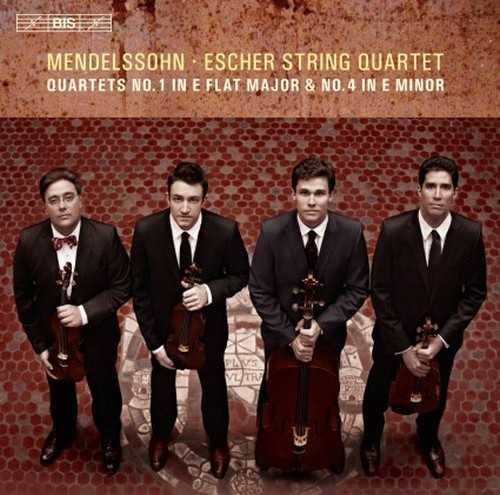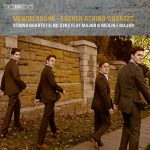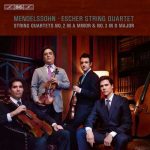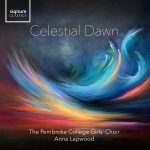
Composer: Felix Mendelssohn-Bartholdy
Performer: Escher String Quartet
Audio CD
Number of Discs: 1
Format: FLAC (tracks)
Label: BIS
Size: 1.48 GB
Recovery: +3%
Scan: yes
Quartet No.1 in E flat major, Op.12, MWV R25 (1829)
01. I. Adagio non troppo – Allegro non tardante
02. II. Canzonetta. Allegretto
03. III. Andante espressivo
04. IV. Molto allegro e vivace
Quartet in E flat major, MWV R18 (1823)
05. I. Allegro moderato
06. II. Adagio non troppo
07. III. Minuetto. Trio
08. IV. Fuga
Quartet No.4 in E minor, Op.44 No.2, MWV R26 (1837)
09. I. Allegro assai appassionato
10. II. Scherzo. Allegro di molto
11. III. Andante
12. IV. Presto agitato
Escher String Quartet:
Adam Barnett-Hart, violin
Aaron Boyd, violin
Pierre Lapointe, viola
Dane Johansen, cello
Recorded: April 2014 at Potton Hall, Suffolk, England
Founded in 2005, the Escher String Quartet is still a young ensemble as string quartets go. It has nevertheless become established as one of the most exciting quartets around, both in its home country, the U.S.A., and elsewhere, recently being shortlisted for a BBC Music Magazine Award. With their début disc on BIS, the Eschers launch a three-disc cycle of Mendelssohn’s string quartets, including the unnumbered String Quartet in E flat major and – on coming instalments – the four pieces for string quartet Op. 81. The quartet genre accompanied Mendelssohn throughout his life, from the previously mentioned E flat major quartet – which he composed at the age of 14 – to String Quartet No. 6 in F minor, his last major work, completed only two months before his death in 1847. As a body, the quartets demonstrate many of Mendelssohn’s finest qualities as a composer – his fascination for and understanding of the music of both Bach and Beethoven, his affinity for string instruments, and that gift for melody as well as texture which has made his Lieder ohne Worte and the elfin music to A Midsummer Night’s Dream so eternally popular. Composed in 1829, the Quartet Op. 12 is still an early work – from the time of the Hebrides Overture – while the E minor quartet, Op. 44 No. 2, can be counted as one of the first master-pieces by the mature composer.



